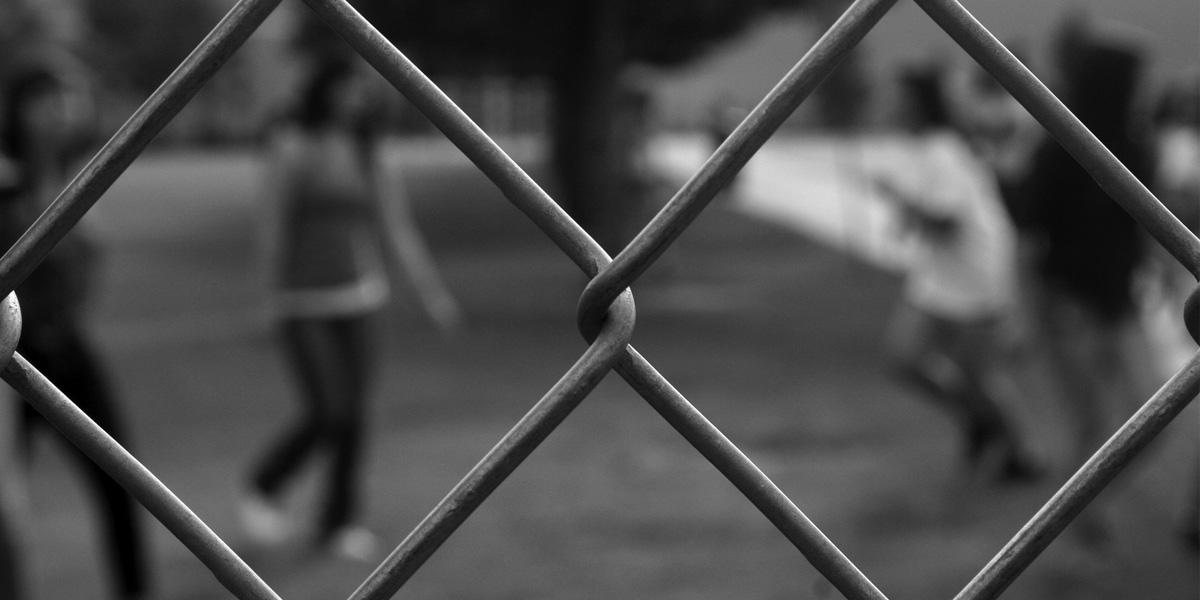Education: Helping troubled pupils through social pedagogy
One of the major challenges facing professionals involved in the education and care of children in the UK concerns how best to meet the needs of troubled, vulnerable and disadvantaged children who are struggling at school and who have, for...
One of the major challenges facing professionals involved in the education and care of children in the UK concerns how best to meet the needs of troubled, vulnerable and disadvantaged children who are struggling at school and who have, for whatever reason, become disengaged from what schools have to offer.
In recent years it is evident that the educational policy climate within which schools are judged has become overwhelmingly focused on their pupils’ academic qualifications. This pupil attainment target-driven climate, together with an aggressive style of Ofsted inspection coupled with the threat of school closure based on low pupil attainment, has made it increasingly difficult for schools to devote time, effort and resources to meet the needs of troubled pupils.
It says much for the sheer professionalism of many teachers that they are doing as much as they can within such a climate to provide support, care and encouragement to troubled pupils.
It’s hard to believe how much the climate has changed in recent years, when just ten years ago the Labour government was exploring ways in which all those professionals who work with children, including teachers and support staff, social workers, health care practitioners, the police and youth justice personnel, educational psychologists, and mental health workers (referred to collectively as the children’s workforce) could work together across professional boundaries to look at how best to support troubled pupils. The phrase used very much at the time was that the educational, health, welfare and social care services should be “wrapped around the needs of the child”.
Prompted by the introduction in schools of the Every Child Matters agenda in 2004, the Labour government explored the use of ‘social pedagogy’ – an approach widely practised in mainland Europe where a trusted adult seeks to help and support a troubled child. Such an approach is focused on the needs of each child in a way that looks at the bigger picture – it considers their educational, health and welfare needs as a whole; their family and care setting; their personal and social development as well as their academic progress; whether the child feels included within the mainstream of society; the child’s long term prospects, including their opportunities for employment and access to post-16 education and training; how the child relates to others – their parents or carers, their teachers, and their peers; and finally, and perhaps most importantly of all, it considers whether the child has regular contact with a trusted and caring adult.
Social pedagogy has a long history of theory and practice in mainland Europe, and has its roots in social, political and philosophical writings concerning how best to create a healthy community within with all individuals feel empowered, respected, included, and can take their place in contributing to the health of the society within which they live. Typical activities with troubled children include mentoring; offering advice and direct help; liaising with others and offering advocacy on behalf of the pupil; and shared creative and social activities designed to enhance the pupil’s personal development, social engagement, and wellbeing.
The practice of social pedagogy in the UK has continued to grow steadily amongst education and welfare professionals. Some excellent examples of social pedagogy in practice can be found in educational and social care settings for children, particularly in residential care for looked after children, pupil referral units, youth and community work, mentoring schemes operated by a range of charities, and in alternative educational provision.
The Labour party is currently reviewing how best to meet the needs of all pupils, and has recognised the particular challenges involved in meeting the needs of troubled pupils. Implicit in much of the policy making is the need to do more to ensure that what is offered is better tailored to meet the specific needs and circumstances of each pupil.
However, what has not been well articulated so far iss the importance played in a child’s development by having a relationship with a caring and trusted adult. It would now be timely for the Labour party to include social pedagogy practice as part of its policy strategy for supporting troubled, vulnerable and disadvantaged pupils in schools.
Chris Kyriacou is professor of educational psychology at the University of York Department of Education and vice-chair of the York Fabian Society.
